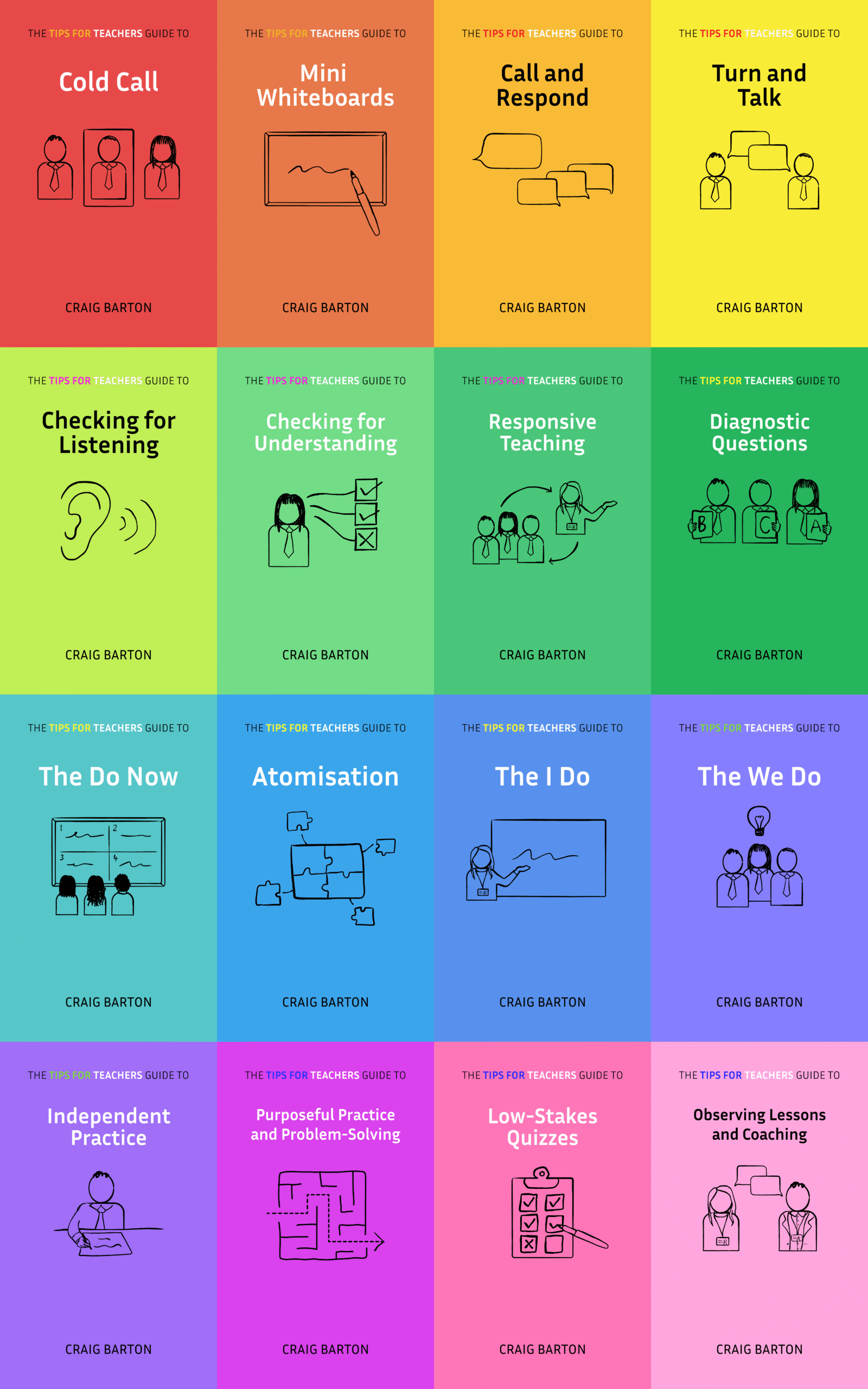
- Title: Students ignore their mistakes: Elaborated error feedback processing in a digital learning system
- Authors: Uwe Maier and Christian Klotz
- Access the original paper here
- Listen to a deep-dive podcast:
Paper summary
This scholarly article explores how secondary school students interact with error feedback in a digital German grammar learning application. It specifically investigates factors influencing students’ decisions to seek, comprehend, and value elaborated feedback after formative assessments. The study analyzed over 20,000 assessment cases from a real-world educational setting, revealing that prior knowledge significantly impacts feedback engagement, with higher-achieving students being more likely to seek and appreciate feedback. It also highlights the complex interplay of task complexity and student aptitude in shaping feedback processing behaviors, suggesting that while advanced students may seek feedback more often for challenging content, their overall review depth might still be limited. The research underscores the need for adaptive feedback strategies to better support all learners, especially those with lower prior knowledge who could benefit most from detailed error explanations.
If teachers remember one thing from this study, it should be…
If teachers remember one thing from this study, it should be that students with low prior knowledge are less likely to seek and engage with elaborated error feedback, despite being the group who could benefit from it the most. Teachers should monitor student engagement and provide targeted support to help them utilize feedback effectively.
***Paper Deep Dive***
Define any technical terms used in the paper
Here are the key technical terms used in the paper:
Response Certitude: A student’s level of confidence in the correctness of their answers or their overall performance on an assessment.
Elaborated Error Feedback: Detailed information provided after an incorrect response, explaining the conceptual misunderstanding and how to avoid the same mistake. It is considered beneficial for low-achieving students.
Formative Mastery Assessments: Brief tests within digital learning systems designed to evaluate students’ prior knowledge and progress toward specific learning goals, often requiring a minimum score (mastery criterion) to advance.
Error Feedback Processing: A multi-faceted process including error feedback seeking (voluntarily accessing the feedback), error feedback comprehension (understanding the mistake), and error feedback appraisal (perceiving the feedback’s usefulness).
What are the characteristics of the participants in the study?
The study analyzed data from a final sample of 2,826 secondary students (49% female) across 182 classrooms. Participants ranged from Grade 5 to 11, with most in Grades 7-9. Only 11% of classrooms were from academic-track secondary schools. The analysis encompassed 20,058 formative assessment cases.
What does this paper add to the current field of research?
This paper shifts feedback research from item-based studies to complex digital learning systems, revealing how students seek, review, and appraise elaborated error feedback. It underscores prior knowledge’s critical role, showing low-knowledge students benefit most but are least likely to engage. The study also highlights the impact of content complexity and aggregated response certitude in a realistic educational setting.
What are the key implications for teachers in the classroom?
Drawing on the study’s findings, teachers in the classroom should prioritize several key implications:
Recognize that students who failed an assessment but were highly confident they would pass might seek feedback, but their engagement might be shallow despite perceiving the feedback as useful. Further teacher intervention might be needed in these cases to encourage deeper reflection.
Actively support students with low prior knowledge in engaging with elaborated error feedback. While these students could benefit the most from such detailed feedback to close knowledge gaps, they are paradoxically less likely to seek, comprehend, and perceive its usefulness, often ignoring it entirely [2, 7, 98, 104, 105, conversation history]. This “Matthew effect” can widen knowledge gaps over time.
Monitor students’ feedback engagement beyond just performance scores. Teachers should go beyond assuming students are using feedback and actively check if they are seeking it, how much they review, and if they understand it, especially given that many students engage minimally even after accessing feedback.
Leverage teacher dashboards in digital learning systems to gain comprehensive insights into student learning behaviors, including feedback-seeking frequency, time spent reviewing, and the proportion of errors reviewed. Such data can empower teachers to provide targeted support.
Develop students’ feedback literacy and self-regulation skills. Training can enhance students’ ability and motivation to perceive, understand, and apply feedback messages, particularly crucial for low-achieving students.
Be aware that increased task complexity, particularly within a course, can lead to decreased feedback seeking and review rates. While students may initially seek feedback more in advanced courses (perhaps due to less obvious errors), they might disengage from reviewing extensively due to cognitive load or feeling overwhelmed.
Why might teachers exercise caution before applying these findings in their classroom?
Teachers should exercise caution because the study has limitations in disentangling the effects of negative feedback from low prior knowledge, as lower-performing students naturally receive more errors. The measure for “understanding mistakes” was also problematic, with students often just clicking through feedback, possibly without deep comprehension. Furthermore, variability in teacher implementation and unmeasured student factors could limit generalizability to diverse classrooms.
What is a single quote that summarises the key findings from the paper?
“Low formative assessment scores, indicating low prior knowledge, are strongly associated with reduced error feedback seeking and error feedback comprehension, as well as a more critical perspective on error feedback usefulness.“








